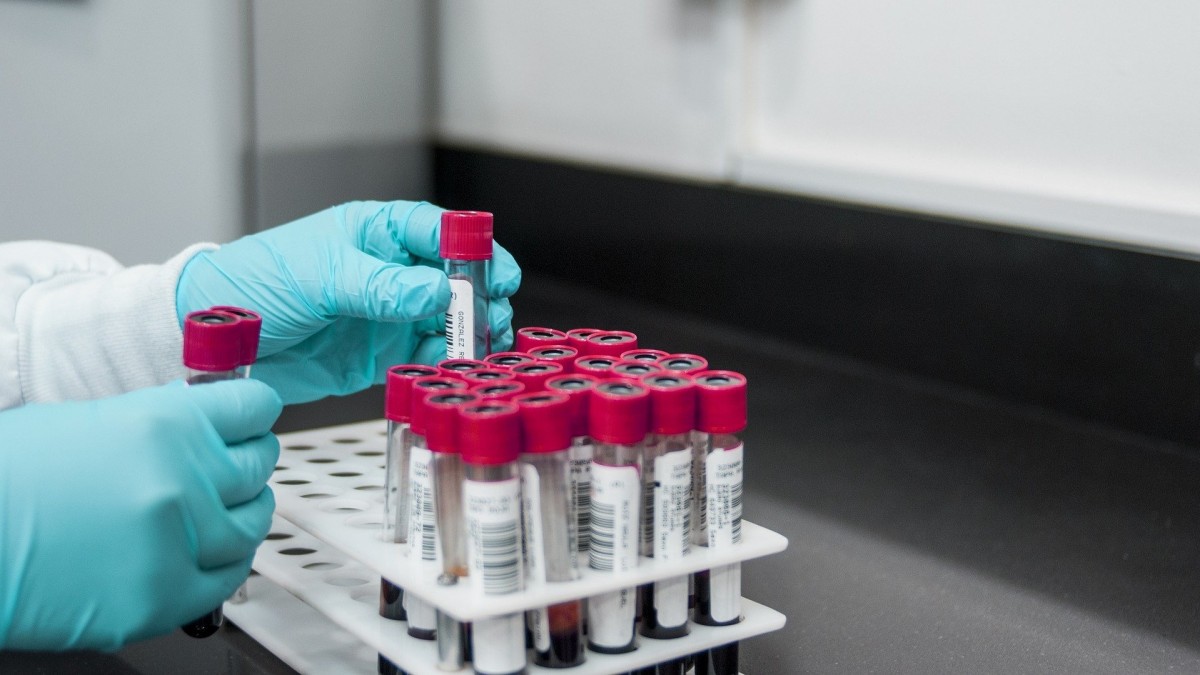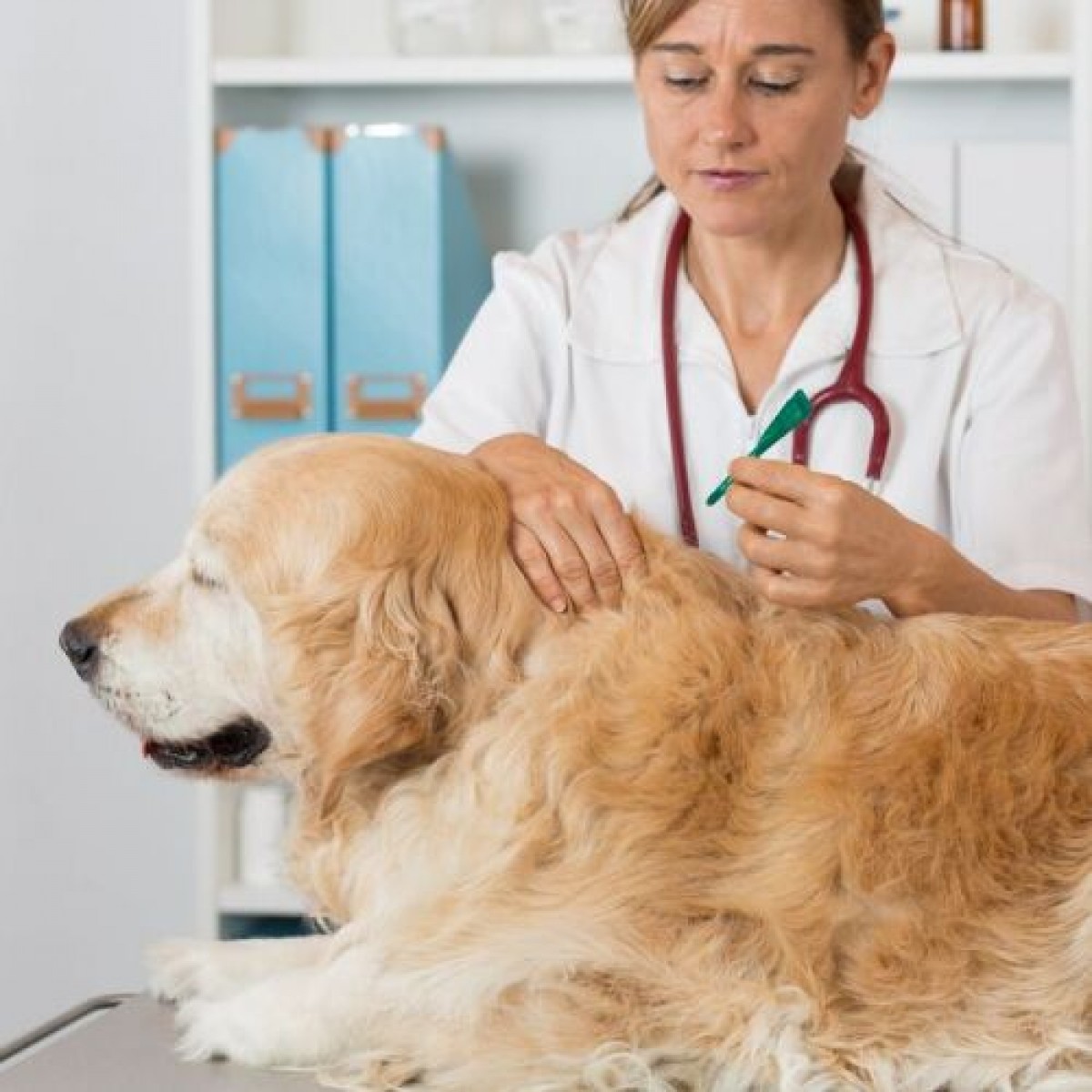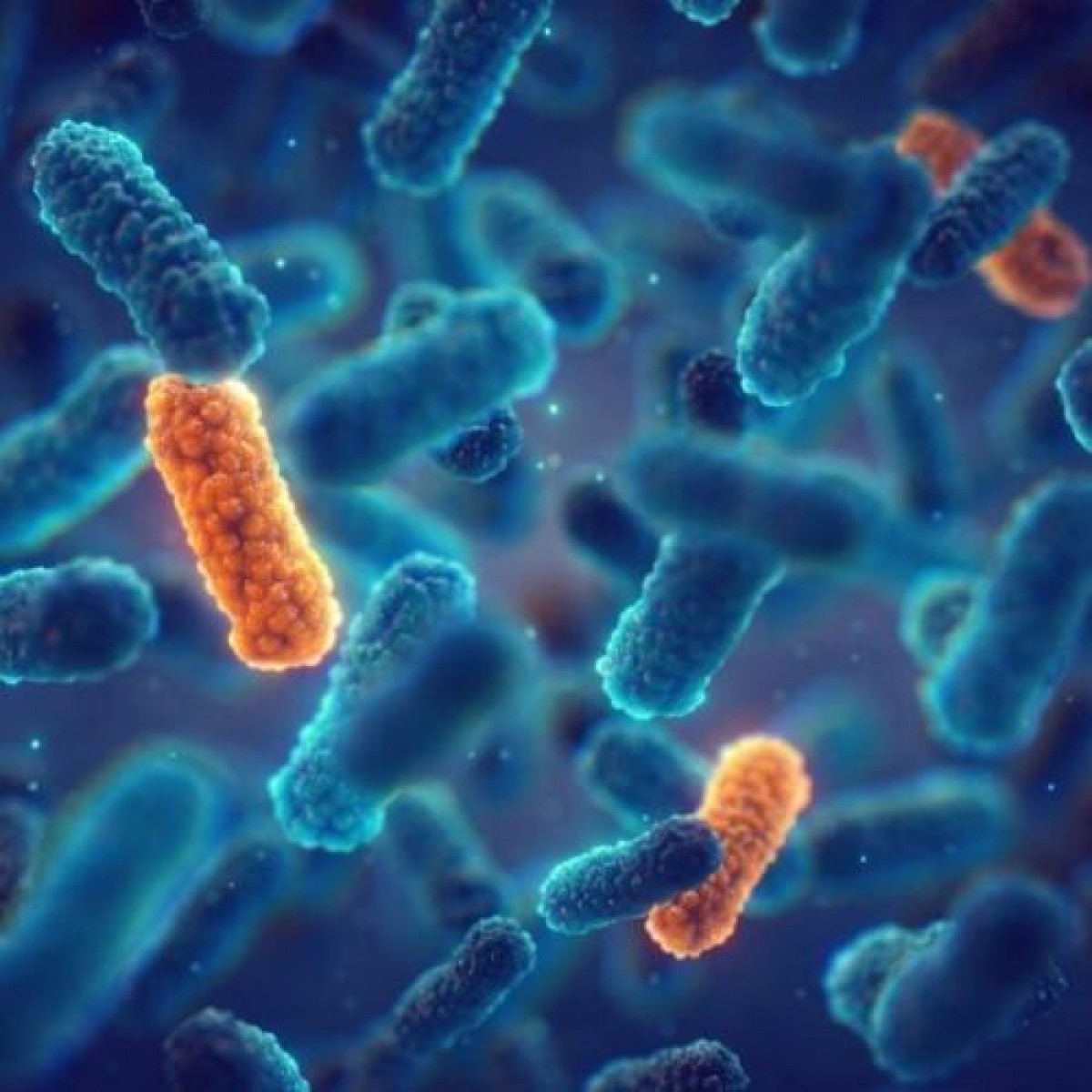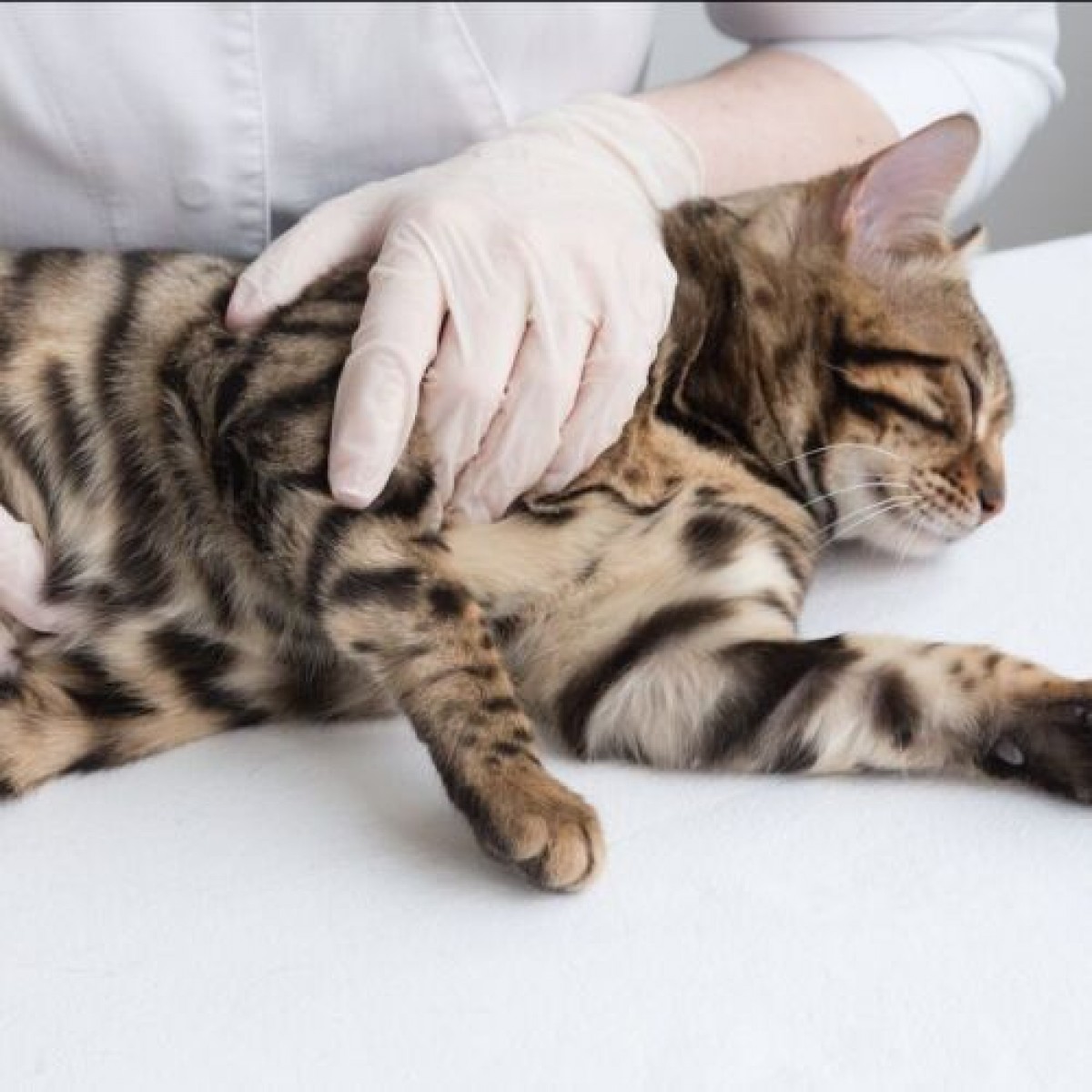New advances for the development of regenerative medicine in dogs
Japanese scientists have developed a novel method to induce the generation of stem cells from blood samples from dogs.
In humans, efforts to combat these diseases have culminated in the development of regenerative therapies, largely based on stem cells. These cells have the potential to differentiate and mature into many types of specialized cells, called pluripotential. By transplanting stem cells and guiding their differentiation into desired cell types, researchers can effectively regenerate damaged tissues, thus reversing the course of various complex diseases. Although this technology has been studied extensively in humans, it has not yet been developed in the same way in dogs.
Generation of induced pluripotent stem cells
A research team from the University of Osaka (Japan) has been working on the isolation of induced pluripotent stem cells (iPSCs) from canine blood samples. IPSCs are a type of stem cell that can be "programmed" from a developed (or differentiated) cell by introducing a specific set of genes into it. These genes encode proteins called transcription factors, which induce the change from a differentiated stem cell to a pluripotent one, which then has the ability to mature into various cell types. IPSCs can proliferate very rapidly, providing a good supply of stem cells suitable for regenerative therapies. "We successfully established a method for the easy and efficient generation of canine iPSCs from peripheral blood mononuclear cells," explains Dr. Hatoya.
Human and veterinary medicine go hand in hand
Likewise, he highlights the importance of these findings for veterinary science, stating that he hopes that in the near future, "it will be possible to perform regenerative medicine treatments in dogs." These findings were published in the journal Stem Cells and Development. "We believe that our method can facilitate research involving disease modeling and regenerative therapies in the veterinary field," says Dr. Hatoya. Furthermore, the authors also believe that further research on regenerative therapies for dogs could have some knock-on effects for human medicine. "Dogs share the same environment as humans and spontaneously develop the same diseases, in particular genetic diseases." Extrapolating the findings from one field to another could mean that veterinarians could find treatments, perhaps even cures, for some of the diseases that still plague humanity.














List
Add
Please enter a comment